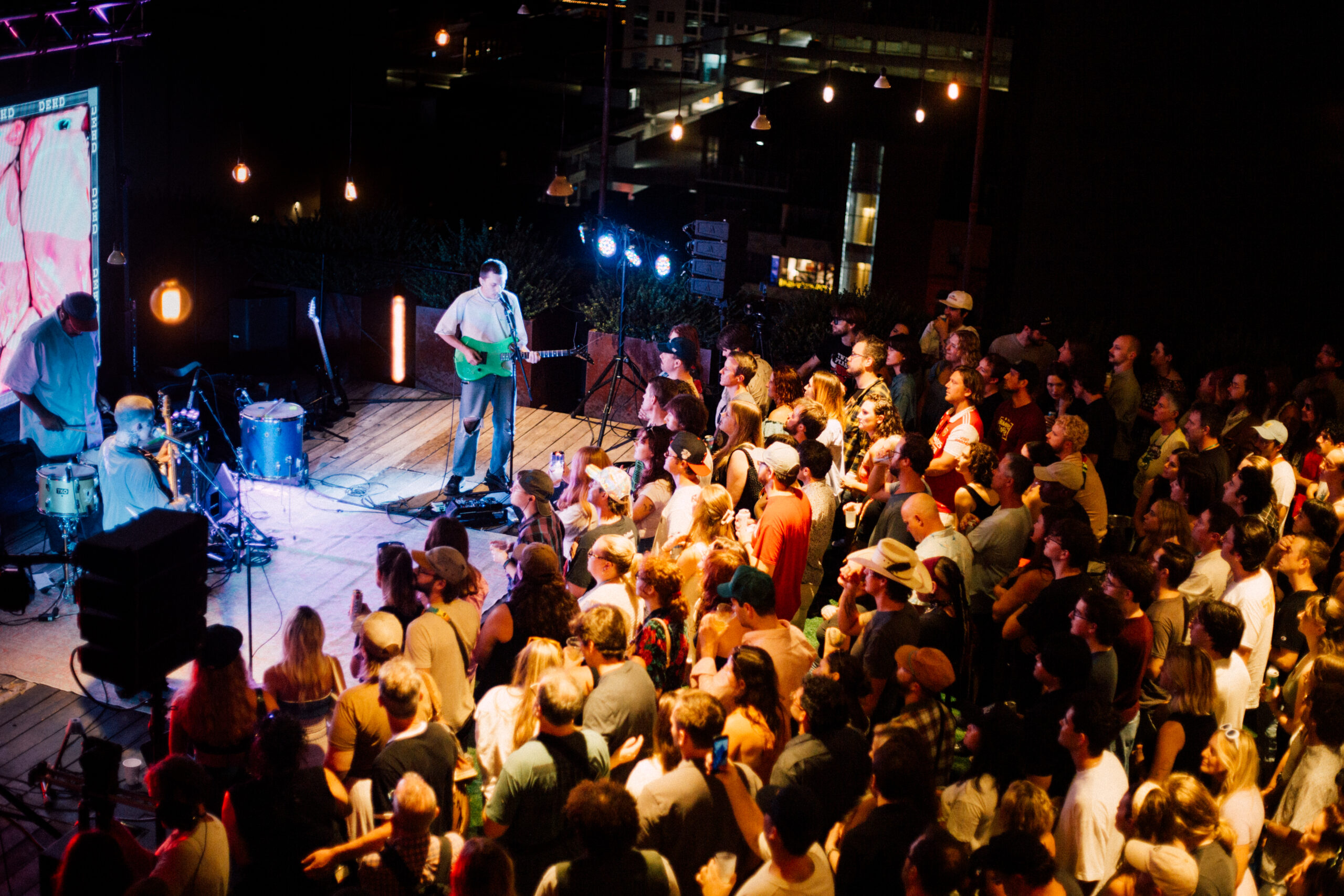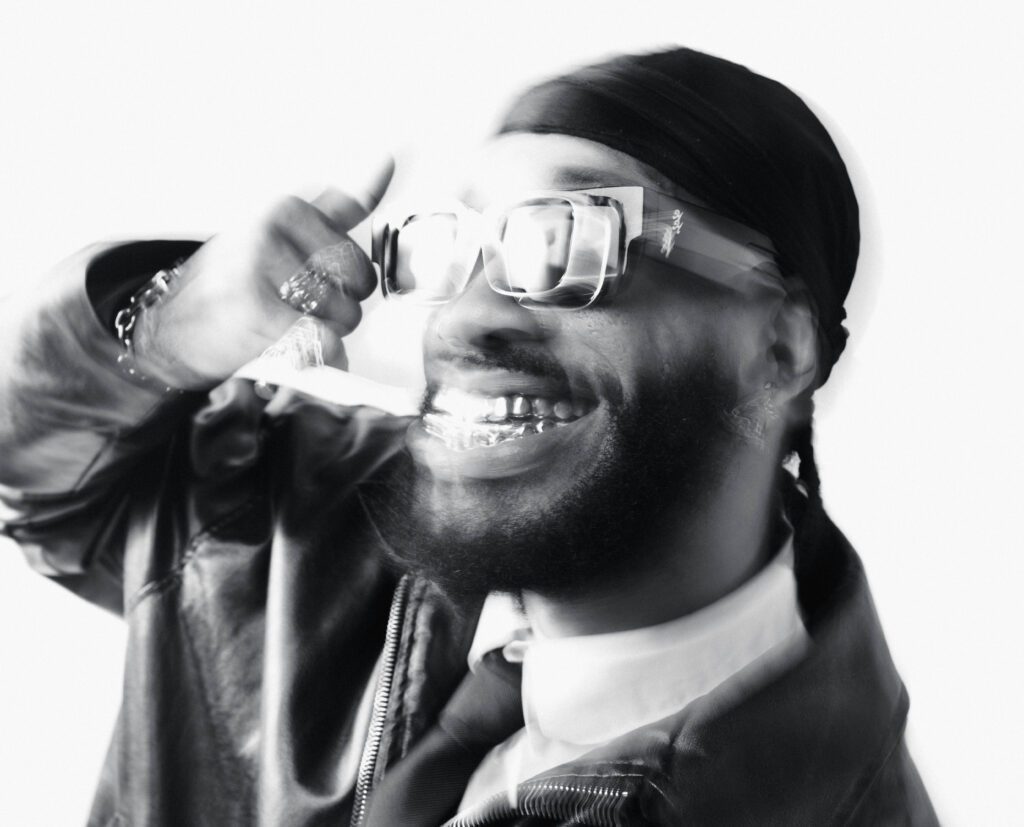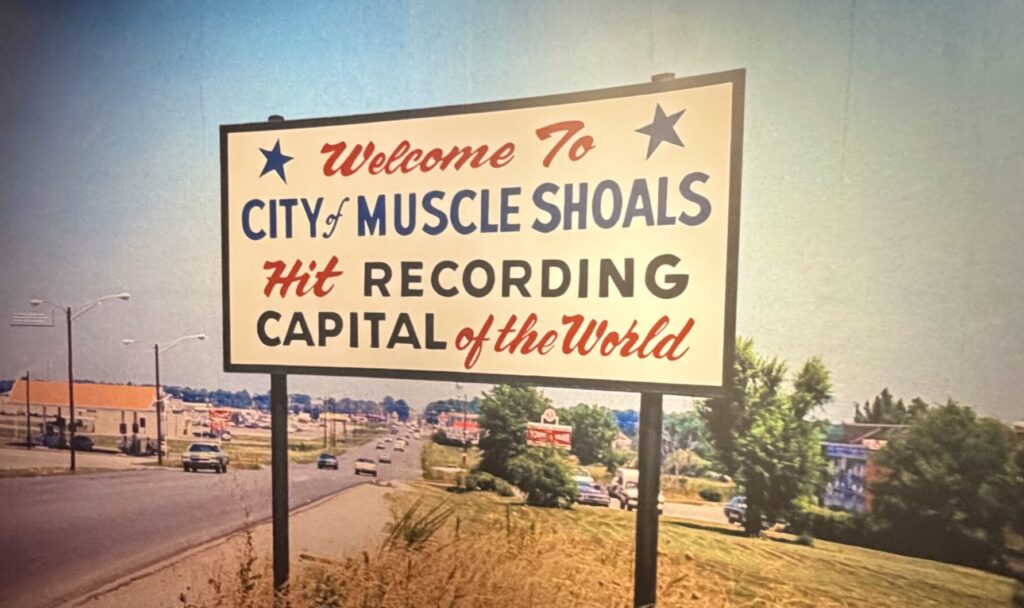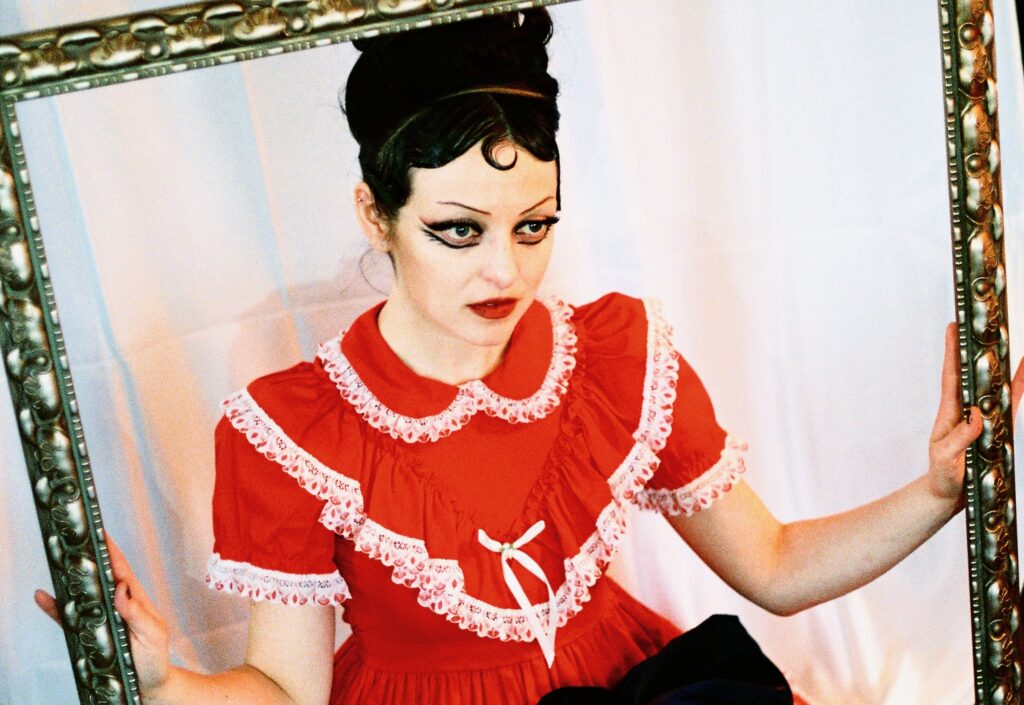Only a small fraction of music festivals around the world manage to keep going for half a century. CMA Music Fest, which officially starts today, has reached that milestone this year, evolving at the pace of the country music industry.
First came the annual convention for country disc jockeys in Nashville, held from the early 1950s on. Eventually, as country scholar Diane Pecknold lays out in her important book The Selling Sound, members of artists’ highly engaged fan clubs would attend too, not only to meet up with their favorite performers, but to participate in helping promote them in the days before paid publicists and radio reps were the norm. Then some industry brass decided it was time to create a fan gathering completely separate from the professional networking, and Fan Fair was launched at Nashville’s Municipal Auditorium in 1972.
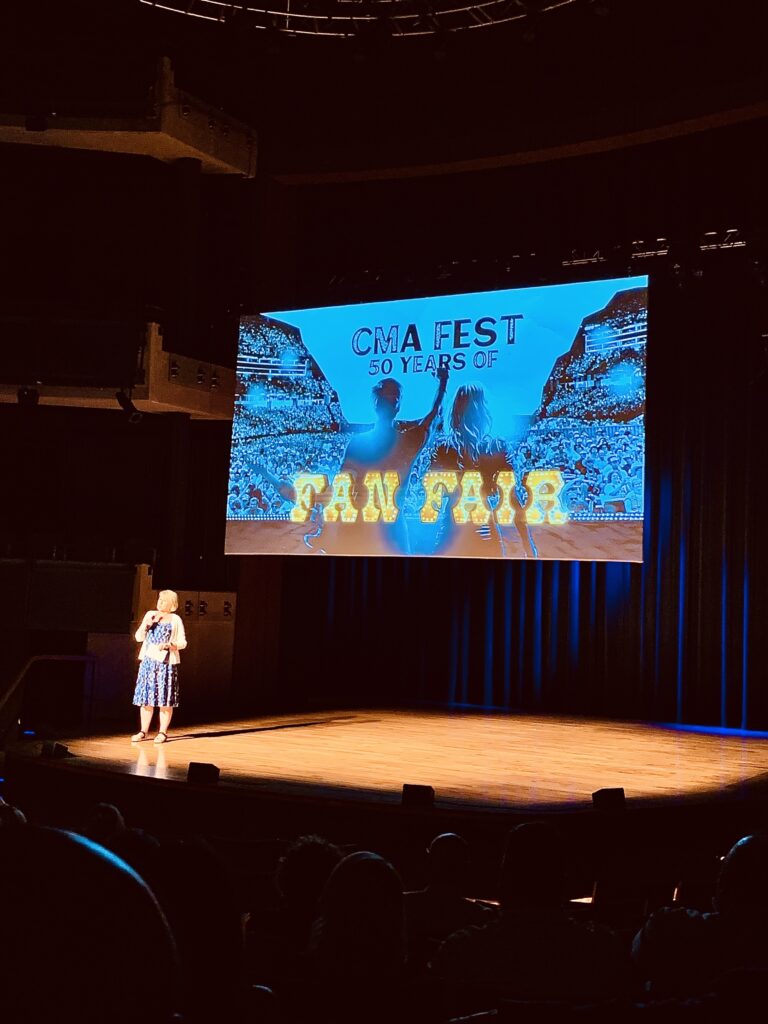
A new documentary called 50 Years of Fan Fair, which was screened at CMA Theater this week and will be available on HULU on July 5, features a lot of archival footage of the festival at the state fairgrounds, where stars like the Judds had their own exhibit booths and greeted their devotees for hours, as Wynonna Judd recalls: “I think we did it 19 years in a row. My mom was soooo good about that. And we would stand there in our hair and makeup. We signed ever. single. autograph.”
When the genre generated a true global superstar, Garth Brooks, in the mid-’90s, he famously showed up to Fan Fair unannounced and did a marathon meet-and-greet. The film includes a montage of at least a dozen country artists and executives recalling those details. Clearly that signing session has become the stuff of treasured Fan Fair lore.
At the end of the decade, when it seemed the event had outgrown both the venue and folksy format, the board of the Country Music Association nearly voted to end it. Instead, they moved the concerts to the new NFL stadium downtown, changed the name to CMA Music Fest, made it a fundraiser for music education and put it on network TV.
What’s always made country fandom unique, the new documentary points out, is familiarity. People feel like they can get up close and personal with the artists they’ve followed for years, the sort of intimate access that’s difficult to imagine in many other genres. And even though that’s no longer the most visible part of the event, lots of artists still host their own fan club parties at restaurants, bars and hotel banquet halls around town and there’s ample space set aside in the convention center for autograph signings, a section of the festival called Fan Fair X. Wynonna Judd will be back for that, presiding as one of the artists of the day.

